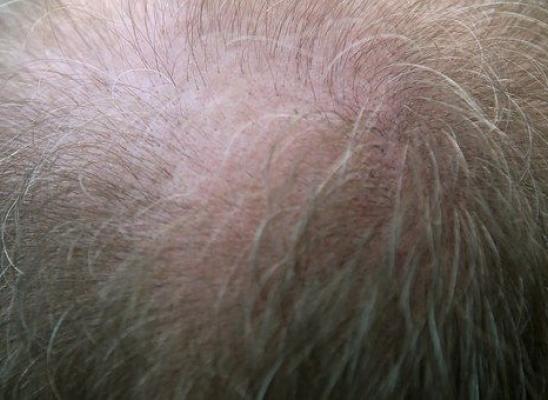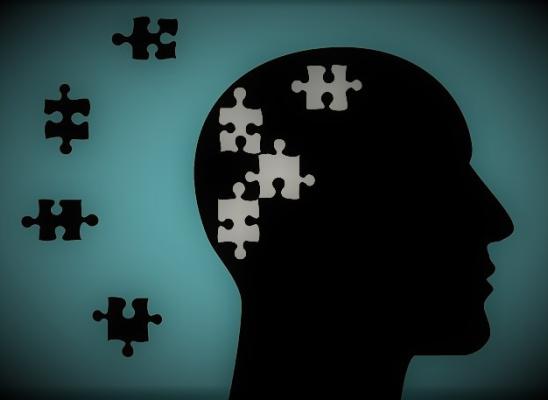Is There a Trich Personality? Exploring Personality Traits and Hair Pulling

Online test
Find out the severity of your symptoms with this free online test
Just why someone develops trichotillomania (commonly referred to as trich or hair pulling) isn’t really clear. Research has found support for a number of causes and correlates including brain structure and function, reward processing, trauma and more as potential reasons someone might develop trich. But not everyone who experiences these things develops trichotillomania.
Is there something within an individual that is protective? Could it be that there is a “type” of personality that might be more susceptible to developing trichotillomania?
Personality and Psychopathology
Personality is not a single trait but rather a combination of traits that make up our unique persona. One of the most well-known ways of describing personality is known as the OCEAN model or “Big Five” personality traits. The model holds that personality is a blend of five dominant components:
- Openness to experience (inventive/curious vs. consistent/cautious)
- Conscientiousness (efficient/organized vs. extravagant/careless)
- Extraversion (outgoing/energetic vs. solitary/reserved)
- Agreeableness (friendly/compassionate vs. critical/judgmental)
- Neuroticism (sensitive/nervous vs. resilient/confident)
Each of these components and personality can be thought of as falling along a continuum and we all have a unique blend of these traits.
It is well-documented that personality and psychopathology can influence each other:
- They can influence the presentation or appearance of one another, a phenomenon known as a pathoplastic relationship. How a mental disorder presents can vary depending on a person’s unique personality traits. Likewise, the appearance of personality can be affected by the presence of a mental disorder.
- They can share a common etiology, also known as a spectrum relationship. In other words, the personality trait and the mental disorder may coexist along a continuum. A personality disorder is an example of this relationship.
- One can play a causal role in the development or etiology of the other. This causal relationship is bidirectional. A person’s a person’s way of thinking, feeling, behaving, and relating to others can sometimes contribute to the development of a mental disorder. A severe or chronic mental disorder can contribute to fundamental changes to personality.
In short, personality can influence the development of a mental disorder. Is that true for hair pulling?
Personality Traits and Trich
Personality and its role in the development of body focused repetitive behaviors (BFRBs)hair pulling hasn’t received a lot of attention from researchers but the evidence available suggests that there may be certain traits that seem to be present in someone with trich.
A 2015 study took a closer look at the Big Five and their relationship to trichotillomania. They sought to determine whether personality traits have predictive validity for trichotillomania diagnosis, severity of pulling and control, and pulling style.
Their findings support the idea that personality traits play a role in trich:
- Higher neuroticism was positively associated with a trich diagnosis.
- Higher neuroticism, higher openness, and lower agreeableness were associated with greater pulling severity.
- Higher neuroticism was associated with less control over hair pulling.
- Higher neuroticism and lower openness were associated with greater focused pulling.
- None of the personality domains predicted automatic hair pulling.
Neuroticism in particular seems to be a particularly strong factor but that mechanism is not completely understood. Previous research suggests that a higher degree of neuroticism may present a greater general vulnerability for developing a mental health issue.
So, is there a “type” of trich personality? We don’t know yet, but the findings suggest that personality seems to play a role in not just the diagnosis of trich but in the person’s experience of it too. How they pull (automatic vs focused) and how much they’re able to control it seem to be connected to personality. But just how they’re all connected remains to be discovered.
The researchers suggest that additional exploration of personality including the lower order personality variables may shed more light on the relationship between hair pulling and personality.
While much more research is needed, these findings strengthen the need for understanding the unique characteristics that someone has and how they can impact mental health. Taking individual characteristics and tailoring treatment to the individual increases the chances for positive treatment outcomes.
References
1. Özten, E., Sayar, G. H., Eryılmaz, G., Kağan, G., Işık, S., & Karamustafalıoğlu, O. (2015). The relationship of psychological trauma with trichotillomania and skin picking. Neuropsychiatric disease and treatment, 11, 1203–1210. https://www.ncbi.nlm.nih.gov/pmc/articles/PMC4440428/#b23-ndt-11-1203
2. A Widiger T. (2011). Personality and psychopathology. World psychiatry : official journal of the World Psychiatric Association (WPA), 10(2), 103–106. https://www.ncbi.nlm.nih.gov/pmc/articles/PMC3104878/
3. Keuthen, N. J., Tung, E. S., Altenburger, E. M., Blais, M. A., Pauls, D. L., & Flessner, C. A. (2015). Trichotillomania and personality traits from the five-factor model. Revista Brasileira de Psiquiatria, 37(4), 317-324. https://pubmed.ncbi.nlm.nih.gov/26375807/
4. Kang, W., Steffens, F., Pineda, S., Widuch, K., & Malvaso, A. (2023). Personality traits and dimensions of mental health. Scientific Reports, 13(1). https://www.nature.com/articles/s41598-023-33996-1
Online test
Find out the severity of your symptoms with this free online test
Start your journey with TrichStop
Take control of your life and find freedom from hair pulling through professional therapy and evidence-based behavioral techniques.
Start Now



